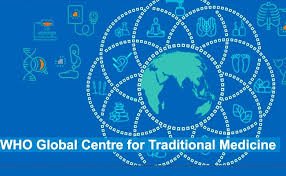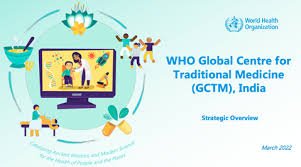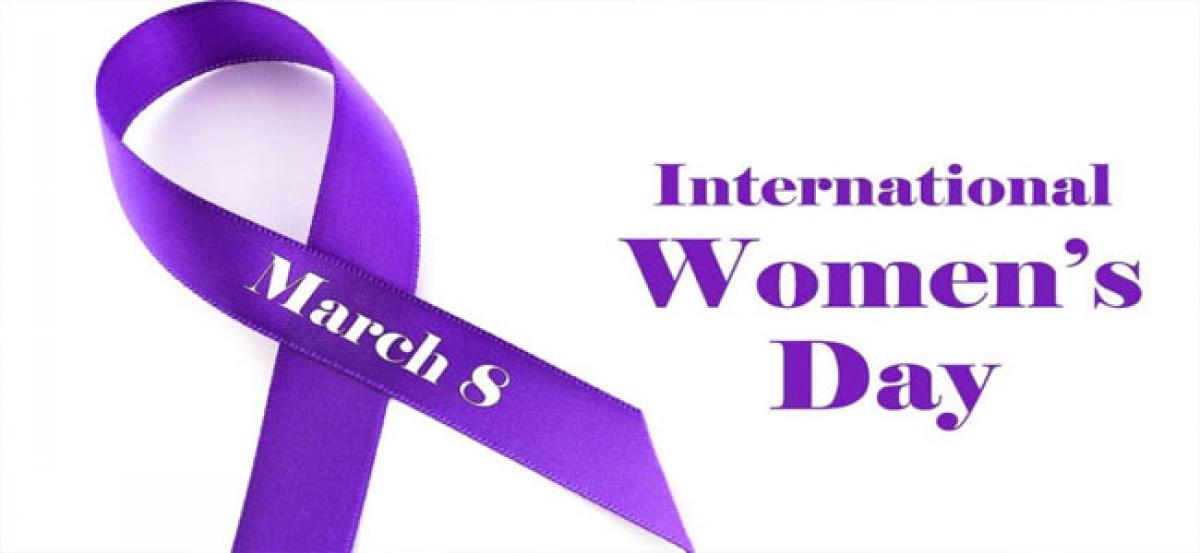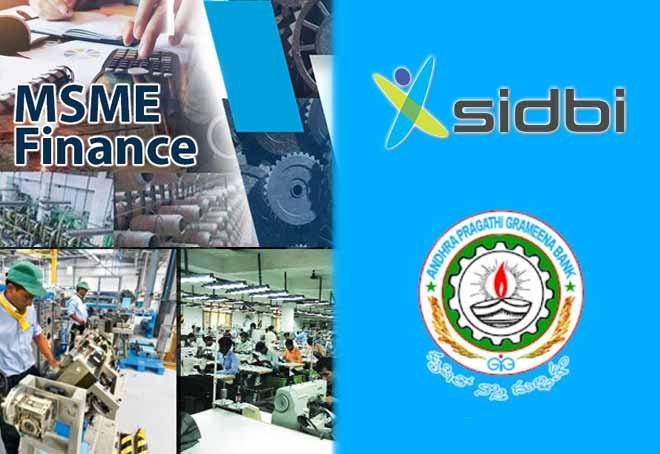India and WHO Sign Landmark Agreement for Global Traditional Medicine Centre
Introduction
In a significant development, India and the World Health Organization (WHO) have signed a landmark agreement to establish the Global Centre for Traditional Medicine (GCTM) in Jamnagar, Gujarat. This initiative aims to integrate traditional medicine into the global healthcare system, leveraging India’s rich heritage in traditional practices like Ayurveda, Yoga, and Siddha.
Significance of the Agreement
The agreement marks a historic step towards recognizing and integrating traditional medicine on an international platform. Traditional medicine has been an integral part of many cultures, providing holistic and affordable healthcare solutions. By establishing the GCTM, India and WHO are ensuring that traditional medicine receives the scientific validation and global recognition it deserves.
Objectives of the GCTM
The primary goal of the GCTM is to harness the potential of traditional medicine to improve global health. The centre will focus on four strategic areas: evidence and learning, data and analytics, sustainability and equity, and innovation and technology. These pillars will guide the research and development of traditional medicine, ensuring its integration with modern healthcare practices.
Role of India in Traditional Medicine
India has a long-standing history and expertise in traditional medicine. With systems like Ayurveda, Yoga, Unani, and Siddha, India offers a diverse range of traditional healthcare solutions. The GCTM in Jamnagar will serve as a hub for research, training, and capacity building, promoting the global application of these practices.
Global Impact
The establishment of the GCTM is expected to have a profound impact on global health. By bridging the gap between traditional and modern medicine, the centre will promote a more inclusive and holistic approach to healthcare. This initiative also aligns with the WHO’s strategy to support member states in developing policies and practices that optimize the potential of traditional medicine.

Why this News is Important
Integration of Traditional Medicine
This agreement is crucial as it paves the way for integrating traditional medicine into the global healthcare framework. It recognizes the importance of traditional practices in providing affordable and holistic healthcare solutions, which is particularly relevant in developing countries.
Scientific Validation
The GCTM aims to provide scientific validation to traditional medicine practices. This is important for their acceptance in modern healthcare systems, ensuring that these practices are based on evidence and research, thereby gaining trust and credibility globally.
Promotion of Ayurveda and Yoga
For India, this agreement is a significant step in promoting Ayurveda, Yoga, and other traditional practices on an international stage. It highlights India’s contribution to global health and positions the country as a leader in traditional medicine.
Enhancing Global Health
By establishing the GCTM, the agreement aims to enhance global health outcomes. It promotes the integration of traditional and modern medicine, ensuring a more comprehensive approach to healthcare that can benefit people worldwide.
Strategic Collaboration
This agreement signifies a strategic collaboration between India and WHO, emphasizing the importance of global partnerships in addressing health challenges. It sets a precedent for future collaborations in the field of traditional medicine and healthcare.
Historical Context
Traditional Medicine in India
Traditional medicine in India dates back thousands of years, with Ayurveda being one of the oldest healthcare systems. Historical texts like the Vedas and the Charaka Samhita provide detailed insights into these practices. Over the centuries, traditional medicine has evolved, incorporating elements from various cultures and adapting to modern needs.
WHO’s Involvement in Traditional Medicine
The World Health Organization has been advocating for the integration of traditional medicine into modern healthcare systems for several decades. In 1978, the Alma-Ata Declaration recognized the role of traditional medicine in achieving health for all. Since then, WHO has been working with member states to develop policies and strategies to incorporate traditional practices into their health systems.
India-WHO Collaborations
India and WHO have a history of collaboration in various health initiatives. This includes programs for disease eradication, maternal and child health, and now, traditional medicine. The establishment of the GCTM is a continuation of this long-standing partnership, aimed at addressing global health challenges through innovative solutions.
Key Takeaways from India and WHO’s Landmark Agreement for Global Traditional Medicine Centre
| Serial Number | Key Takeaway |
|---|---|
| 1 | The GCTM will integrate traditional medicine into the global healthcare system. |
| 2 | The centre will focus on evidence and learning, data and analytics, sustainability and equity, and innovation and technology. |
| 3 | India’s expertise in Ayurveda, Yoga, Unani, and Siddha will be promoted globally. |
| 4 | The agreement signifies strategic collaboration between India and WHO. |
| 5 | The GCTM aims to enhance global health by bridging the gap between traditional and modern medicine. |
Important FAQs for Students from this News
1. What is the Global Centre for Traditional Medicine (GCTM)?
The Global Centre for Traditional Medicine (GCTM) is an international initiative established by India and the World Health Organization (WHO) to promote and integrate traditional medicine into global healthcare systems. It will be located in Jamnagar, Gujarat, and aims to advance research, validation, and application of traditional medical practices.
2. Why is the establishment of the GCTM significant?
The GCTM’s establishment is significant because it marks the first time a global centre is dedicated solely to traditional medicine. It represents a major step towards integrating traditional practices like Ayurveda and Yoga into modern healthcare systems, ensuring their scientific validation and global recognition.
3. What will be the main focus areas of the GCTM?
The GCTM will focus on four main areas: evidence and learning, data and analytics, sustainability and equity, and innovation and technology. These areas will guide the research, development, and global application of traditional medicine practices.
4. How will the GCTM impact global healthcare?
The GCTM is expected to enhance global healthcare by bridging the gap between traditional and modern medicine. It will promote a more holistic approach to health, potentially improving health outcomes worldwide and offering affordable healthcare solutions.
5. What role will India play in the GCTM?
India will play a crucial role in the GCTM by providing expertise in traditional medicine practices such as Ayurveda, Yoga, Unani, and Siddha. The centre will be based in Jamnagar, Gujarat, which is known for its rich heritage in traditional medicine.
Some Important Current Affairs Links


















